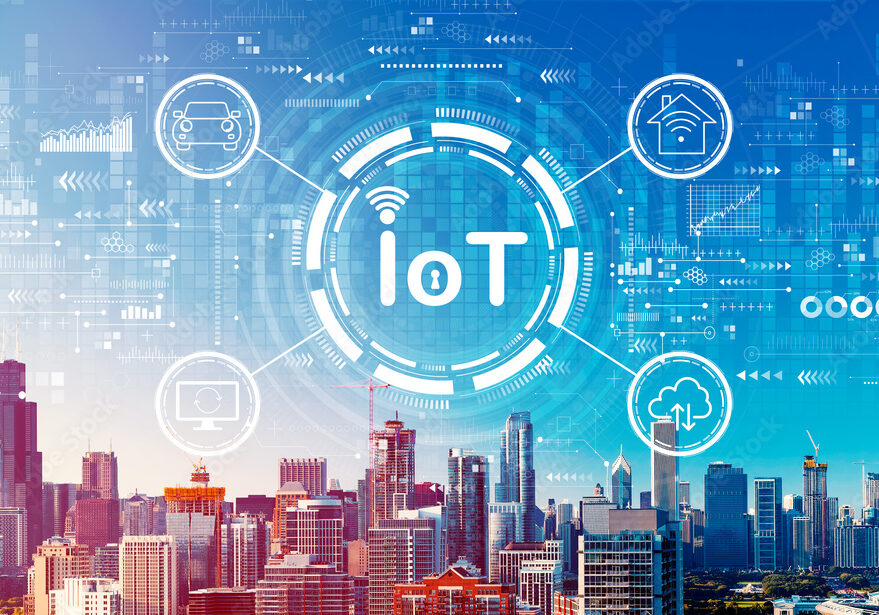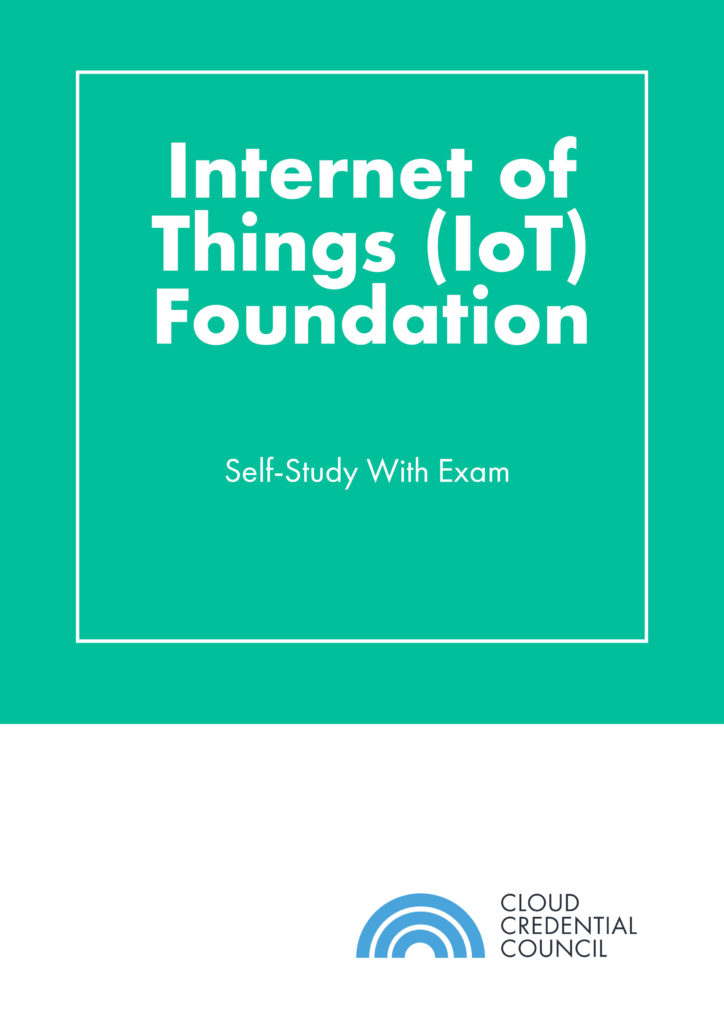Job roles and career opportunities in IoT

Laura Vasilov

The Internet of Things is a field that is growing exponentially. It is changing the way we live and work, and will open up opportunities that we weren’t even aware of. It is predicted that IoT has the potential to increase global corporate profits by 21% by 2022. Also, forecasts suggest that there will be more than 75 billion IoT-connected devices in use. As a result of IoT development, numerous career opportunities will appear on the market. Generally, the career fields within IoT are related to the development of an IoT product (hardware design, testing, and integration) and embedded systems cybersecurity security.
The demand for people with IoT skills is on the rise. The field is new, exciting, challenging, and with great potential; if you want to catch the wave, you must possess the necessary skills that will differentiate you from others and make any employer delighted to have you on board. In this article, we will dive into the IoT market and job opportunities, what these emerging roles represent, what other complementary fields you should pay attention to, and, most importantly, what should be your next steps to advance your career in IoT.
Career opportunities in IoT
IoT offers a wide range of career opportunities, and most of the positions provide an upward of $135,000 per year.
Here are some of the most important roles in IoT:
IoT Security Engineer
As the title already suggests, the IoT security engineer’s key role is to make sure that the software and systems are not threatened by any breaches or intrusions. They often can come up with recommendations to the management on how to enhance the security of the data collected.
Security engineers have a complex understanding of intrusion detection and prevention protocols; they usually keep logs and perform regular security checks to find new vulnerabilities. They usually work with other engineers and professionals to come up with new strategies to medicate problems. As personalities, security engineers should be able to work effectively in a team setting and under pressure.
IoT Embedded Engineer
Generally, engineers in IoT have the task to develop and implement software for embedded devices and systems, which includes sensors, microprocessors and software that helps run the systems. They use software design techniques to resolve a multitude of related tasks, such as investigation, design, developing, and testing. Also, they might be required to monitor and analyze the efficiency and stability of the system.
IoT Platform Developer
An IoT Platform developer is a professional who can develop, manage and monitor IoT devices and systems by merging three essential elements – data, technology, and research. Having strong programming skills, such as Java and C++, is a must for the daily activities of IoT Developers.
As personalities, IoT developers are encouraged to be very collaborative and communicative in a team environment, have an innovative mindset, and are willing to learn new trends and developments within the IoT field.
IoT Architect
The IoT architect’s fundamental role is to convert thoughts into the design and, ultimately, into functional code. IoT architects map business needs to the system and technical requirements. They are also responsible for creating and communicating the IoT concept, message, and architecture. Also, important to mention that this role is aimed toward long-term company planning.
The U.S Bureau of Labor Statistics has reported that the median salary for all computer network architects in May 2019 was $112,690.
Chief Internet of Things Officer(CIoTO)
As the title already suggests it, the CIoTO has a complex understanding of the company, industry, and customer, and can proactively react to threats and opportunities presented by the market. The IoT chief is responsible for managing the collaboration between the departments and for managing all the processes, and technical challenges.
The roles mentioned above are the most prominent positions related to IoT. Nevertheless, IoT is a complex field and it gathers professionals from multiple different fields. We should also mention:
- IoT Solution Tester
- Industrial UI/UX Engineer
- Software / Mobile Developers
- Hardware / Firmware / Network Engineers
- Data Scientists / Big Data Engineers / Machine Learning Engineers
Other fields related to IoT
The Internet of Things can connect all the devices that have Internet access. Therefore, in the world of IoT, it would be beneficial to understand or be interested in the following domains:
- Sensors / Tags / Actuators
- Processors / Microcontrollers
- Networking / Gateways / Cloud Connectivity / Edge Computing
- Big Data Storage and Analytics
- IoT Security, Privacy and Governance
- (Next Generation) Smart and Mobile Application
What should you do, if you’re interested in an IoT career?
If you want to be successful in an IoT career, do the following:
- Get Certified.
- Read academic papers specialized in IoT and follow IoT leaders.
- Be flexible; these types of careers might come in various forms.
- Be curious and positive for your IoT career.
Conclusion
IoT is an ongoing process of development, and so are professional opportunities related to it. IoT is the exciting reality of our century and IoT Expertise will be in high demand for years to come. Your dream job in a multinational corporation or in a new interesting start-up as an IoT professional can’t be too far away if you are ambitious to perform in this field…perhaps just a CCC course accreditation distance.
Courses to help you get
results with IoT
Internet Of Things (IoT) Foundation™ 2
The industry-recognized CCC Internet of Things Foundation ensures you are ready to add value to organizations of diverse industries and dimensions. It does so through highly interactive and thought-provoking discussions which focus on: Group exploration and debates Lab exercises which allow learners to experience IoT applications Case study scenarios for IoT End of Module questions
Never miss an interesting article
Get our latest news, tutorials, guides, tips & deals delivered to your inbox.
Keep learning




